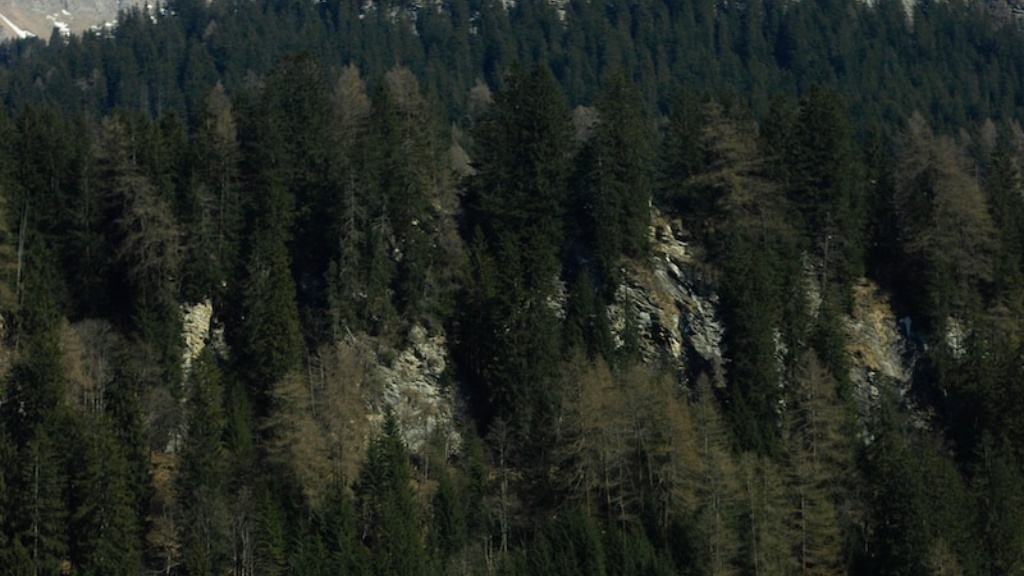These days, it is becoming highly apparent that global warming has significantly stalled in recent years. It’s a troubling issue for environmentalists and politicians alike, for it undermines our efforts to protect the planet and achieve real progress in the fight against climate change. But why has global warming paused and what can be done about it?
In the scientific community, there is much discussion about why global warming has recently plateaued. One argument is that the Earth’s natural cooling cycles, like the El Niño–Southern Oscillation, have temporarily suppressed the human warming effect. This can help to explain why global temperatures have remained relatively stable since 1998, despite greenhouse gases continuing to be emitted into the atmosphere. Other experts suggest that declines in energy consumption coupled with more efficient energy production processes have helped to slow the rate of global warming.
Substantial evidence supports both claims, although it is possible that a combination of factors is responsible. In any case, it is essential to note that global warming has not gone away and is still very much a pressing issue that must be addressed.
Sadly, some propose that global warming has stopped, which is hugely inaccurate. As was mentioned above, temperatures have merely plateaued and remain above the average since the Industrial Revolution. Many scientists agree that global warming is an inevitable consequence of burning fossil fuels. Therefore, the pause in global warming serves only as a reminder—an urgent reminder—that fossil fuels must be replaced with more sustainable energy sources if we are to contain the climate crisis.
On an encouraging note, countries around the world have started to deploy a range of ambitious policies to reduce their carbon footprints and make the switch to renewable energy. In the UK, for example, the government is implementing a new emissions trading system, launching green homes grants and aiming to cut emissions by 68 percent by the end of the decade.
It is hoped that the growing commitment to climate action will help to counteract the recent pause in global warming, though further effort is required to push emissions rapidly downward. This can be achieved through developing better carbon capture technologies, factorizing the reality of climate change into business models, and expanding renewable energy sources, not only in the developed world, but globally.
Ultimately, the fact that global warming has paused serves as a clarion call to the global community that more urgent, effective action must be taken to combat the climate crisis. Nations must prioritize both mitigation and adaptation measures, while individuals and businesses alike must play their part if real progress is to be made.

